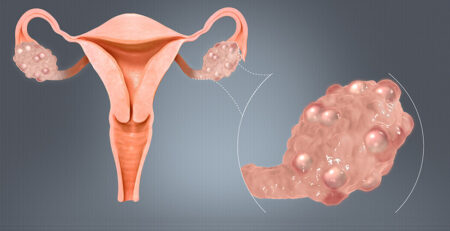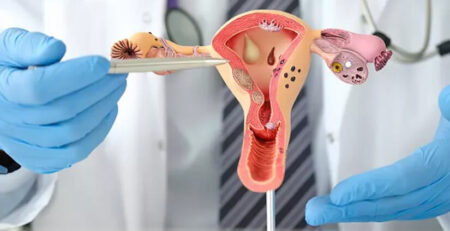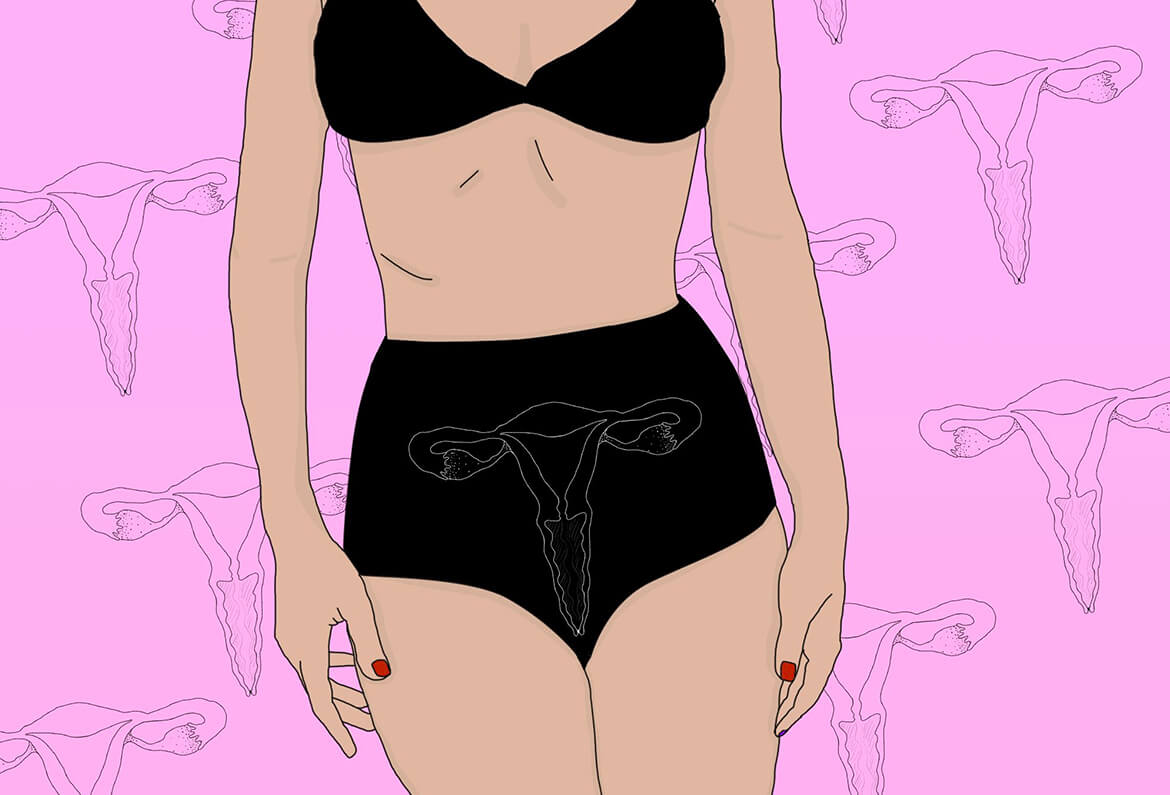IVF in PCOS – Possibilities and Results
Struggling with Polycystic Ovary Syndrome (PCOS) can be overwhelming, especially if you’re hoping to start a family. But here’s the good news—if PCOS symptoms have been making it difficult to conceive naturally, IVF (In Vitro Fertilization) offers a promising path toward parenthood.
In this blog, we’ll explore how IVF works for those with PCOS, discuss the possibilities, and break down the results you can expect. If you’re considering IVF as a treatment option, this is your go-to resource for understanding the intersection of PCOS treatment and advanced reproductive technology.
What Exactly is PCOS?
PCOS, or Polycystic Ovary Syndrome, is one of the most common hormonal disorders affecting women during their reproductive years. It impacts approximately 1 in 10 women globally, and despite its prevalence, many remain undiagnosed or unaware of its full implications.
The most prominent PCOS symptoms include irregular or absent menstrual cycles, excess androgens (male hormones), and polycystic ovaries—where multiple small, fluid-filled sacs develop in the ovaries. These hormonal imbalances disrupt the normal release of eggs, leading to issues with ovulation, which in turn causes difficulties in conceiving.
Women with PCOS also face an increased risk of metabolic disorders, such as insulin resistance, type 2 diabetes, and obesity, all of which can further complicate fertility. However, despite these challenges, PCOS does not render women infertile. With the right PCOS treatment and interventions like IVF, many women with this condition successfully conceive and deliver healthy babies.
PCOS and Fertility: How Are They Linked?
PCOS directly impacts fertility by disrupting ovulation. Normally, a woman’s ovaries release one mature egg each month. However, for women with PCOS, the hormonal imbalance prevents the maturation and release of eggs. In some cases, the ovaries may not release eggs at all, leading to irregular or missed menstrual cycles. This is why many women with PCOS experience difficulties when trying to conceive naturally.
That said, women with PCOS often have a higher ovarian reserve than those without the condition, meaning they may have more eggs in their ovaries. While this might seem advantageous, the hormonal imbalances characteristic of PCOS prevent these eggs from being released regularly.
How IVF Helps Women with PCOS Achieve Pregnancy?
For women with PCOS who are struggling to conceive, IVF has emerged as one of the most effective solutions. Here’s how IVF addresses some of the primary fertility issues related to PCOS:
- Restoring Follicle and Egg development: One of the first steps in an IVF cycle is the use of medications to stimulate the ovaries to produce multiple eggs. In women with PCOS, the response to these medications can be heightened due to their increased follicle count. However, this also raises the risk of ovarian hyperstimulation syndrome (OHSS), a condition that can result from the overstimulation of the ovaries. To mitigate this, IVF specialists carefully monitor hormone levels and adjust the dosage of medications.
- Fertilization in the Lab: Since many women with PCOS struggle with irregular ovulation, the IVF process circumvents the need for natural ovulation. Instead, mature eggs are retrieved directly from the ovaries and fertilized with sperm in a controlled laboratory environment. This precise process increases the likelihood of successful fertilization, a crucial step toward achieving pregnancy.
- Embryo Transfer: Once the fertilized eggs develop into embryos, they are transferred into the uterus for implantation. This step bypasses any ovulation issues, focusing instead on ensuring that the uterine environment is conducive to pregnancy. For women with PCOS, IVF specialists often opt to transfer a single embryo to reduce the risk of multiple pregnancies, which can present additional complications.
- Addressing Other PCOS Symptoms: IVF treatment often involves a multi-pronged approach that addresses not only fertility but also other PCOS symptoms. For instance, lifestyle changes such as weight management, dietary adjustments, and stress reduction can improve insulin sensitivity, hormone balance, and overall reproductive health. This comprehensive treatment plan not only boosts the success rates of IVF but also promotes better long-term health outcomes for women with PCOS.

The Role of Insulin Resistance and Weight in IVF Success for PCOS Patients
One of the key factors in PCOS is insulin resistance, which contributes to weight gain and makes it difficult for the body to metabolize glucose effectively. In women with PCOS, excess insulin prompts the ovaries to produce more androgens, which in turn disrupts ovulation and contributes to other PCOS symptoms like acne and excess hair growth.
This insulin resistance can also impact the success of IVF treatment. Women with poorly controlled insulin levels often have lower success rates with IVF, as the hormonal imbalance can interfere with the development of eggs and embryos. Fortunately, by incorporating PCOS treatment strategies like weight management and lifestyle changes and insulin sensitizers before and during IVF, many women can improve their chances of success.
Research has shown that even modest weight loss—5% to 10% of total body weight—can significantly improve insulin sensitivity and restore regular ovulation in women with PCOS. For women undergoing IVF, achieving a healthy weight through diet and exercise not only boosts fertility but also reduces the risk of complications like gestational diabetes during pregnancy.
PCOS and Egg Quality: Does PCOS Affect the Eggs?
One of the major concerns for women with PCOS considering IVF is whether their egg quality is compromised by the condition. While PCOS does not directly affect egg quality, the hormonal imbalances associated with the condition can impair the development and maturation of eggs, leading to issues with ovulation.
However, studies suggest that PCOS does not necessarily result in poor egg quality. In fact, many women with PCOS have a normal ovarian reserve, and with proper stimulation during IVF, they can produce high-quality eggs that lead to successful pregnancies.
It’s important to note that other factors, such as age and lifestyle, play a significant role in determining egg quality. Women with PCOS who maintain a healthy diet, manage stress, and address insulin resistance through PCOS treatment often produce healthy, viable eggs during IVF cycles.
Sometimes poor response or egg quality is related to genetic polymorphisms (FSH/ LH receptor polymorphisms) in PCOS, but a learned expert can help you with tailored protocols to improve the egg number in such cases.
IVF Success Rates in Women with PCOS: What You Can Expect
When considering IVF, one of the most common questions revolves around success rates. For women with PCOS, the success of IVF is generally on par with, if not better than, women who do not have PCOS. Several studies have found that younger women with PCOS, particularly those under 35, tend to respond well to ovarian stimulation and often produce a higher number of eggs.
Success rates for IVF in women with PCOS vary depending on a variety of factors, including the woman’s age, the severity of her PCOS symptoms, and whether any other fertility issues are present. On average:
- Under 35: Women with PCOS under the age of 35 generally have success rates upwards of 60% per IVF cycle.
- 35 to 40: Women between 35 and 40 can expect success rates ranging from 40-50%, depending on individual factors.
- Over 40: IVF success rates decline as women age, but women with PCOS may still have better ovarian reserves compared to their counterparts without the condition.
What to Look for in an IVF Specialist in Delhi?
When undergoing IVF as a woman with PCOS, finding the right IVF specialist is crucial. Women with PCOS have unique reproductive challenges that require specialized care and expertise. A skilled IVF specialist in Delhi will develop a customized PCOS treatment plan based on your specific symptoms, focusing on safe ovarian stimulation, minimizing the risk of OHSS, and maximizing the chances of a successful pregnancy.
Your IVF specialist should also provide guidance on managing PCOS symptoms outside of IVF treatment, including addressing insulin resistance, weight management, and overall hormonal balance. Comprehensive care from an experienced specialist can dramatically improve your outcomes with IVF.
Managing Expectations: Multiple Cycles and Patience
It’s essential to approach IVF with realistic expectations. While IVF offers great promise for women with PCOS, it’s not always successful on the first attempt. Many women require multiple cycles of IVF before achieving a successful pregnancy. The process can be emotionally and physically taxing, but having the support of a skilled IVF specialist in Delhi can help you navigate this journey with confidence and hope.
In Conclusion: IVF Is a Beacon of Hope for Women with PCOS
For women struggling with PCOS symptoms and infertility, IVF represents a transformative opportunity. Through the careful management of PCOS treatment and a tailored IVF plan, many women can achieve their dream of becoming mothers. The success rates for IVF in women with PCOS are encouraging, particularly when accompanied by lifestyle modifications and expert medical care.
If you’re facing challenges related to PCOS and fertility, it’s time to explore the transformative power of IVF with Dr. Rhythm Gupta, a renowned IVF specialist in Delhi. Dr. Gupta specializes in customized IVF treatments for women with PCOS, ensuring each patient receives the most advanced and compassionate care. Take control of your reproductive health today—schedule a consultation with Dr. Rhythm Gupta and learn more about your options for overcoming PCOS and starting your family with the help of cutting-edge IVF treatments.








